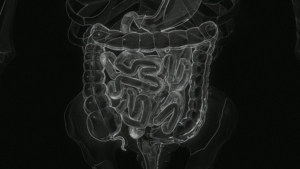
Apogenix gets €25.8m cash injection for asunercept
German Apogenix AG has received a €26m in funding for a pivotal Phase III study of its CD95 ligand blocker asunercept for the treatment of COVID-19 patients.
The funding consists of €20.7m in state funding and a €5.1m cash injection from Apogenix’s main investor dievini Hopp BioTech Holding GmbH & Co. KG that will be used to conduct Phase III testing of asunercept. Scientific data suggest that the CD95 ligand – the target of asunercept – plays a key role in the induction of life-threatening lymphopenia in moderately to severely ill, hospitalised COVID-19 patients. In addition, the GMP-compliant production process for asunercept will be further developed to market maturity and the required material for the phase III clinical trial will be produced.
Interim data from an ongoing Phase II trial with ventilated COVID-19 patients gave hints to efficacy of asunercept in this patient population. According to the German regulatory authority, the Paul Ehrlich Institute, Apogenix’ approach, "has the potential to treat severely ill COVID-19 patients irrespective of the SARS-CoV2 virus variants, which are constantly evolving and may ultimately evade the immune response even in vaccinated individuals".
It is becoming more and more evident that, in addition to COVID-19 vaccines, there is an urgent need for effective drugs to treat those who develop COVID-19 without or despite vaccination," stated Thomas Hoeger, CEO of Apogenix AG, who expects asunercept to prevent the death of immune cells and lung cells leading to lymphopenia and acute respiratory distress syndrome (ARDS), thus reducing the number of COVID-19 patients who require intensive care or even die.
The phase III trial will recruit hospitalised COVID-19 patients with advanced disease who are being treated with oxygen in addition to standard therapy. These patients often show signs of lymphopenia as well as severe hyperinflammatory syndrome. Despite treatment in the intensive care unit, the disease often takes a lethal course in this patient group.



 Unsplash+
Unsplash+